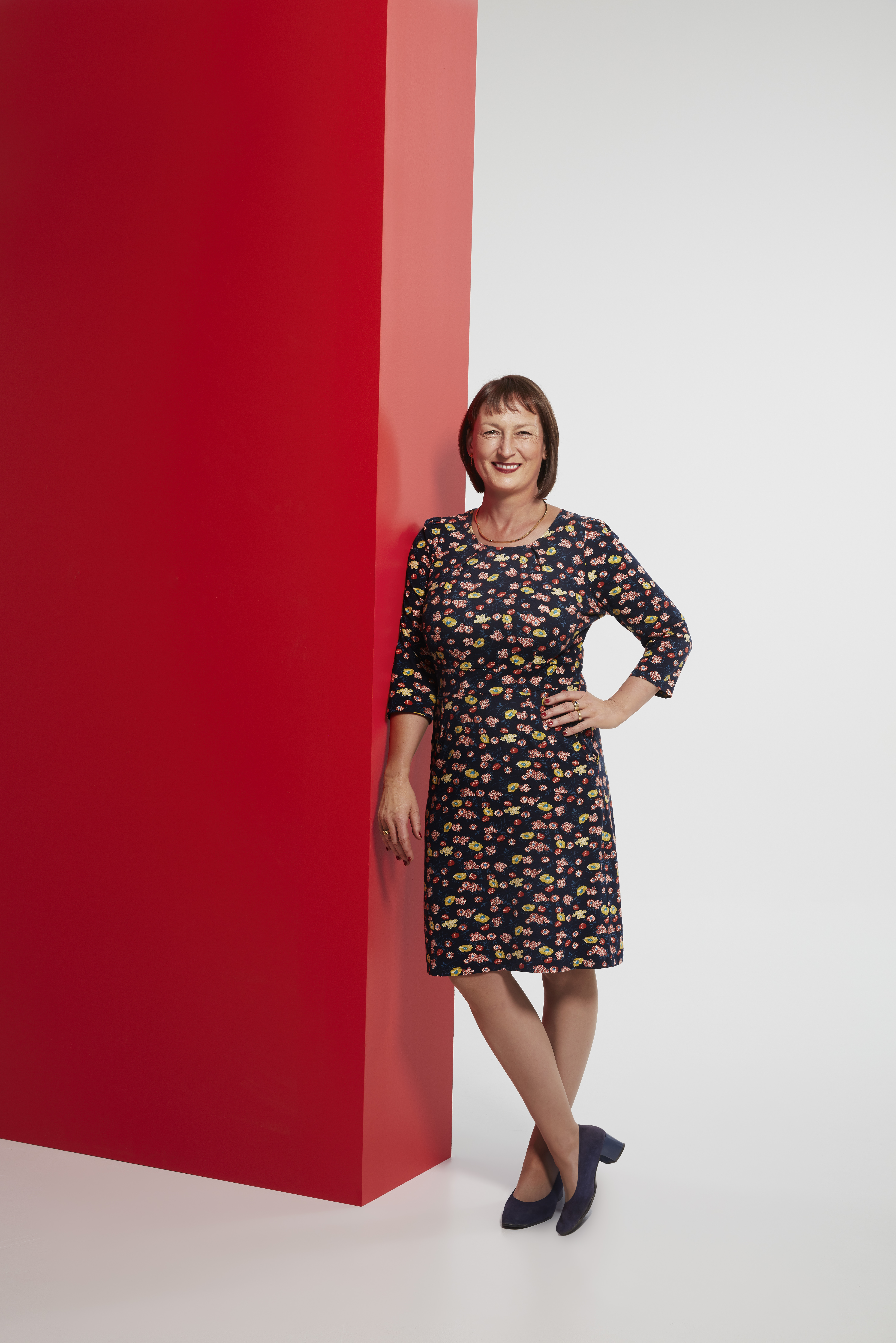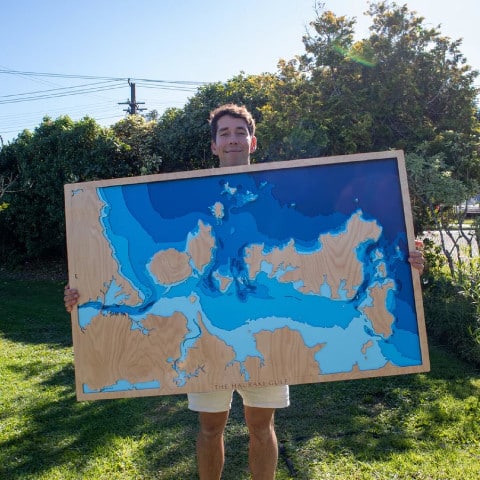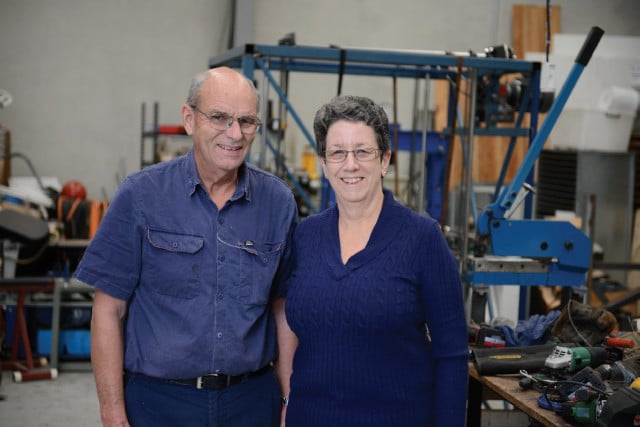
When medical herbalist and health scientist Sandra Clair settled in Dunedin from Switzerland and decided to start a health clinic in 1995, she was surprised that plant or herbal medicines were not an option in New Zealand’s mainstream health system.
“They were almost nowhere to be found,” she recalls.
Since launching her brand Artemis in 1998, she has played a key role in the growing acceptance of plant-based medicine in New Zealand.
She says medicinal plants have unique active compounds with scientifically confirmed effectiveness to treat common ailments – including reducing anxiety, improving sleep, aiding digestion, and assisting with immunity and detoxification.
Artemis wasn’t so much a big bright idea but emerged out of demand from her clients.
“I am an accidental entrepreneur. My clients asked me to start retailing the products that I was prescribing for them and I was happy to do so.”
Launching a global health brand hasn’t been without its challenges.
She says unlike in Australia, Canada, the EU and Switzerland, New Zealand’s current Medicines Act 1981 does not permit legitimate health claims or the discussion of scientific results.
So, it is difficult to communicate the benefits of New Zealand’s medicinal plants, even if they are scientifically proven.
In addition, New Zealand has not yet established a strong medicinal herb growing industry as is the case in Europe, where local governments subsidise organic agriculture to provide pesticide and herbicide free medicinal plants.
Clair says as we look to rebuild New Zealand’s economy, more investment in R&D around locally-grown plants would open up opportunities to establish new markets for premium Kiwi-made products for the global stage.
Covid-19
The company is working towards a model where 10% of Artemis sales are local and 90% in overseas markets, mostly China.
While 2020 has thrown curveballs, Artemis is now benefiting from the early economic recovery in China.
“The year has been anything but predictable and we are riding with agility the rollercoaster that is our world with Covid as best we can.”
The early outbreak in China disrupted business and caused the opening of its Tmall Flagship store to be delayed.
That set Artemis back in its build-up to the important peak selling season and winter in China.
“There are definitely challenges, with closures during periods of lockdown among our New Zealand retail partners, and with the costs of international freight.”
But as a smaller business, it has been nimble, resilient and able to adapt.
“A good example of how we’ve adapted is with the freight cost challenge. Our hero export product for China is Artemis Thyme Lemon Tonic, packaged in a heavy 250ml glass bottle.
“We knew we needed to find a better way, so we worked with our manufacturing partners to create a lightweight single serve sachet format, boxed in convenient quantities.”
Tenacity needed
The business is two years into a three-year project with funding from Callaghan Innovation, working with Plant & Food Research at the University of Otago that evaluates the properties of fresh Central Otago Thyme extracts.
In 2019 Artemis received an NZTE International Growth Fund grant to support its China growth plan.
Clair says there are several benefits to being a Kiwi exporter, including access to incredible natural resources and the reputation and standards that New Zealand has as an export business.
But being a Kiwi company can also be a challenge as the market is small and the geographical distance can be tough.
Clair has some strong advice for other Kiwi exporters and entrepreneurs.
“Look at opportunities in a global context. Be clear and honest about where your business has true competitive advantage on a global scale.
“Tap into expertise early and listen. Really listen. Define your end users and identify why they need what your business is good at, and what is important to them.”
Selecting a board that helps to reduce knowledge gaps is crucial, she says.
“Last, but definitely not least, you need tenacity.”










